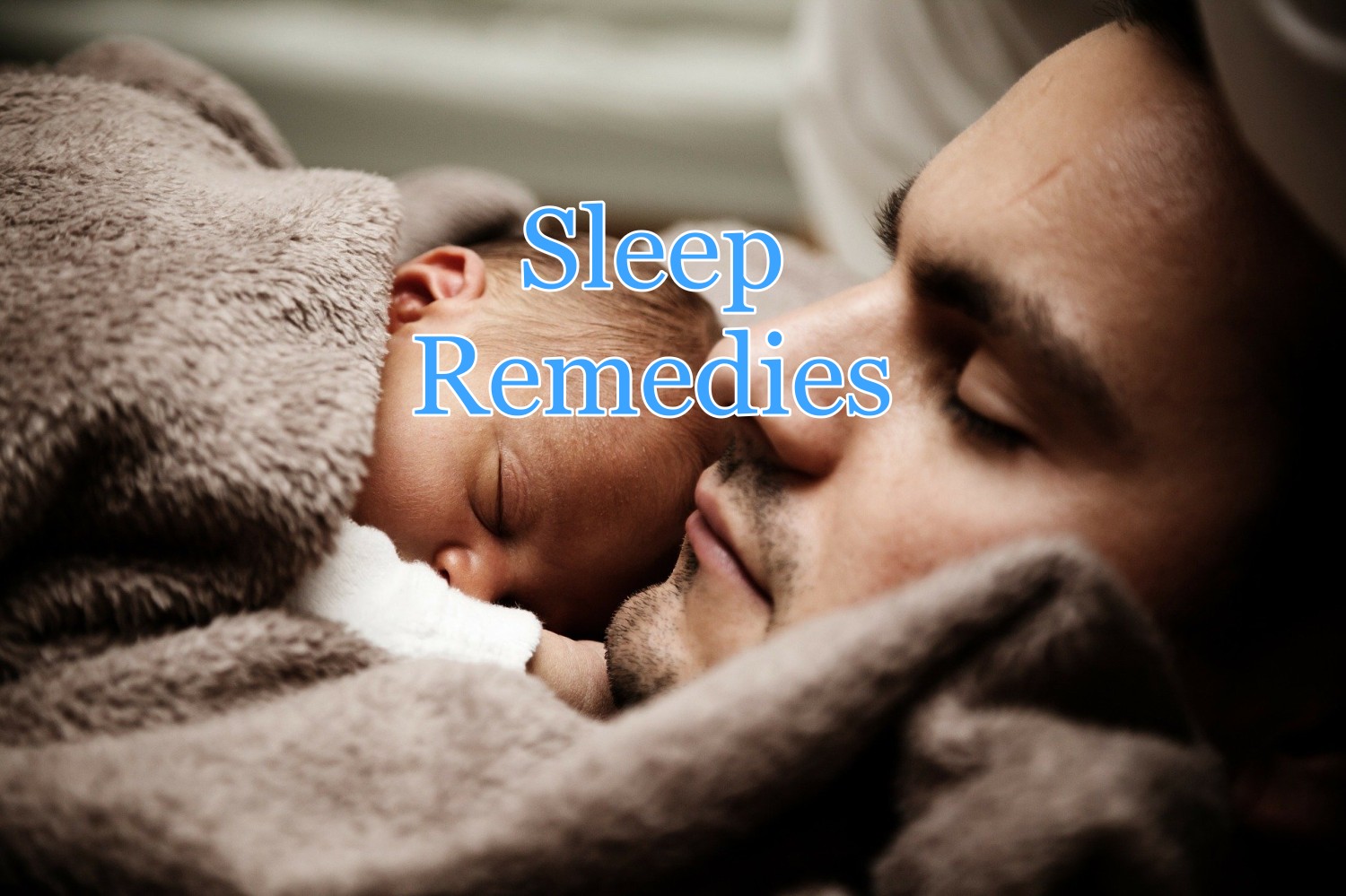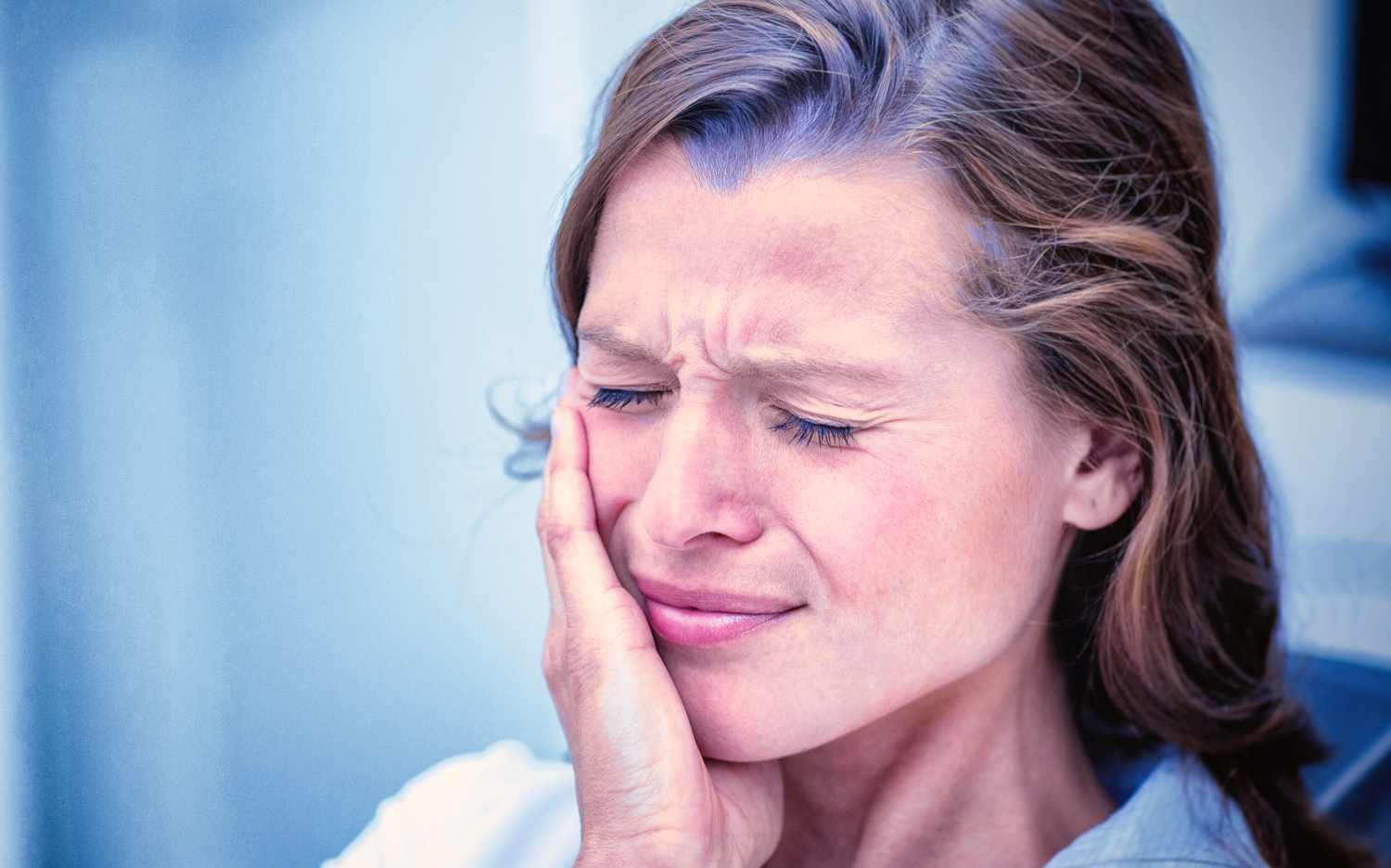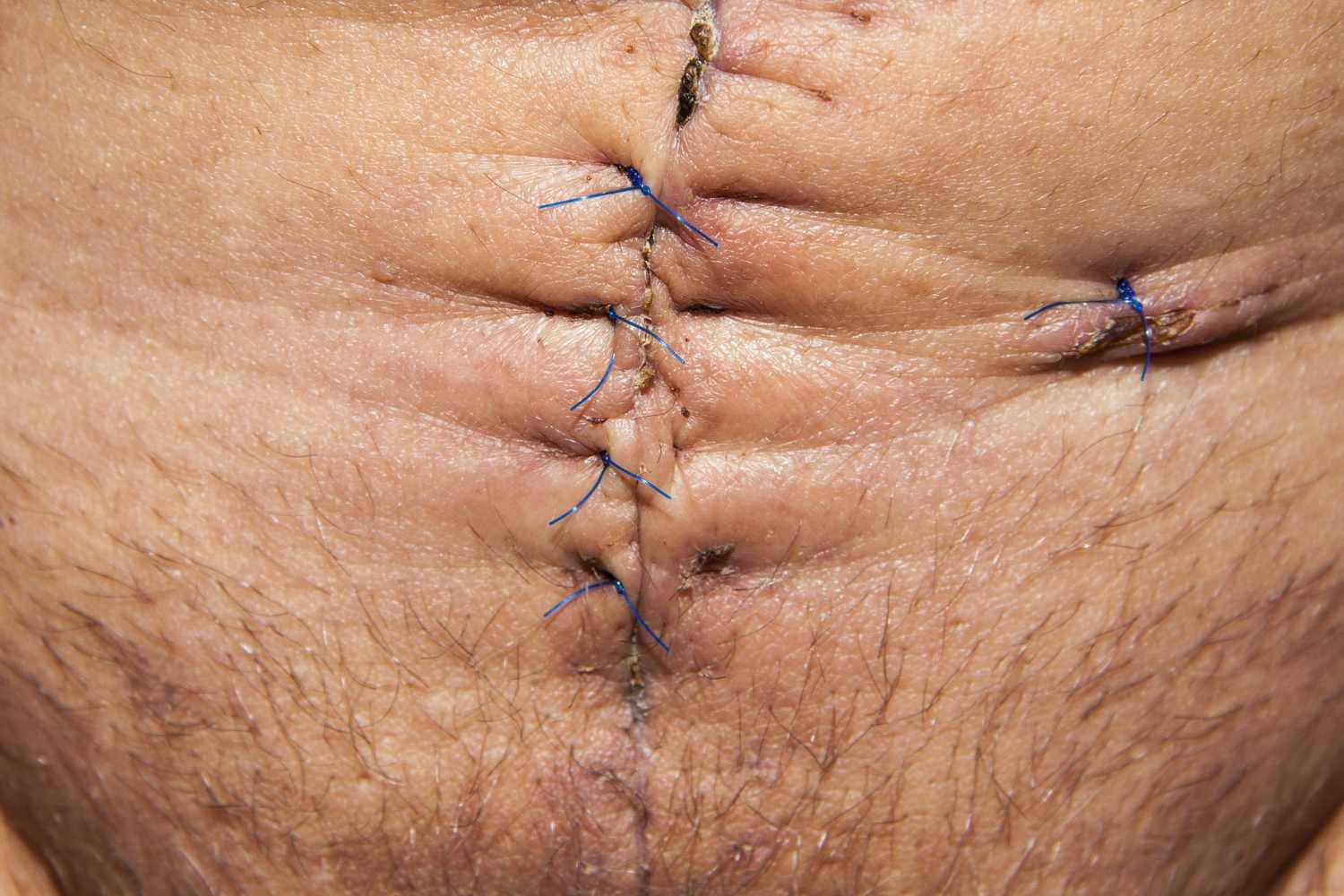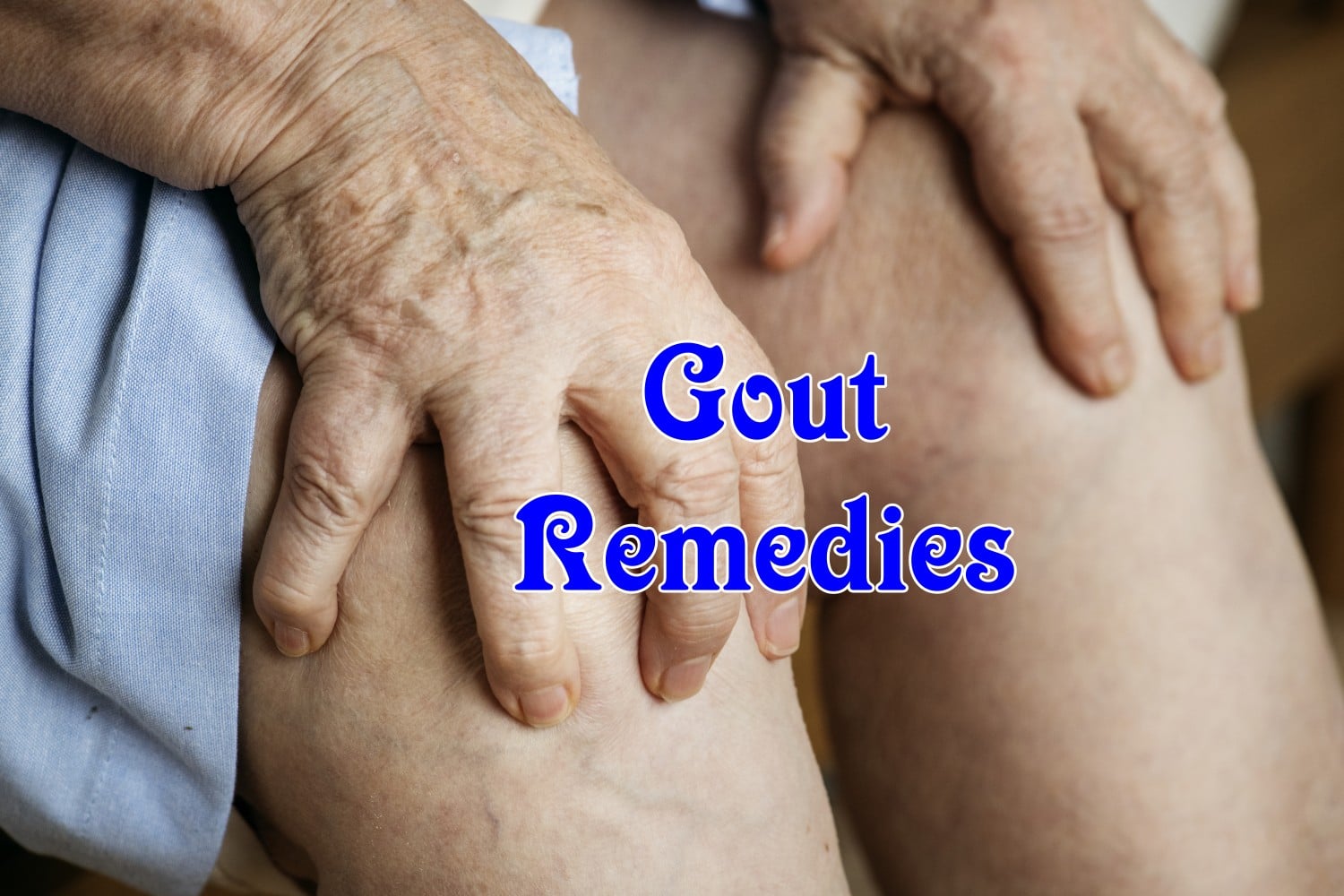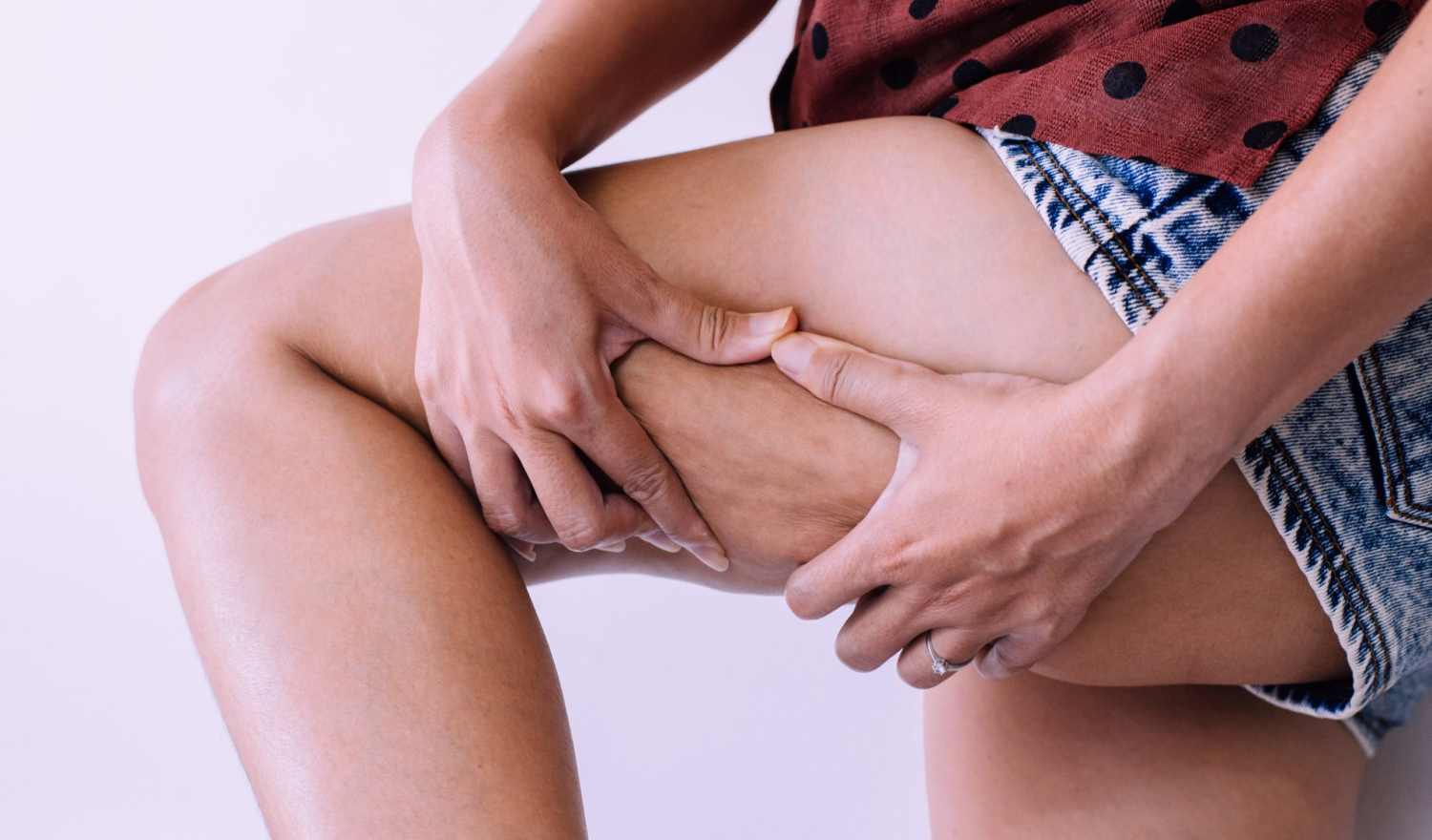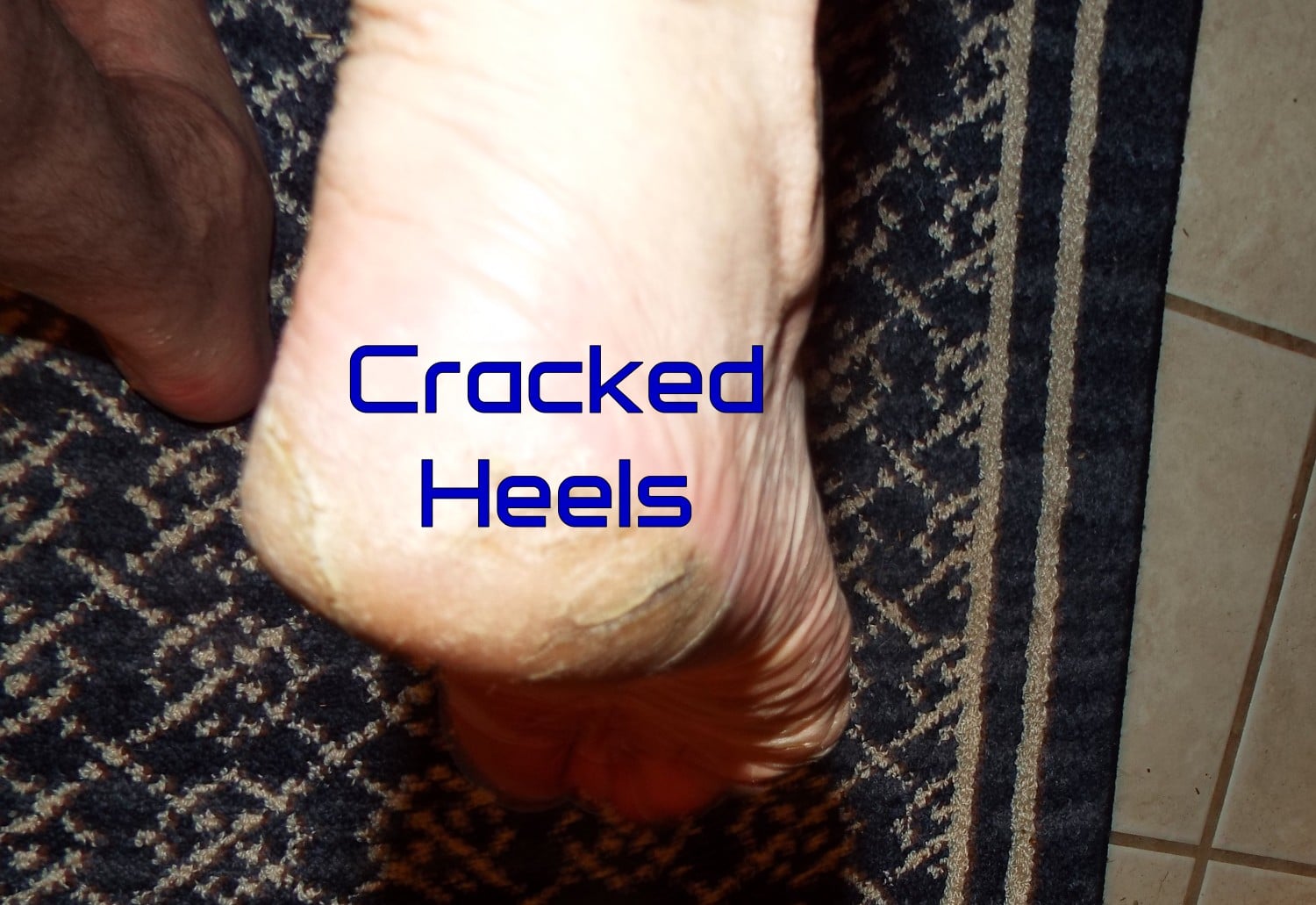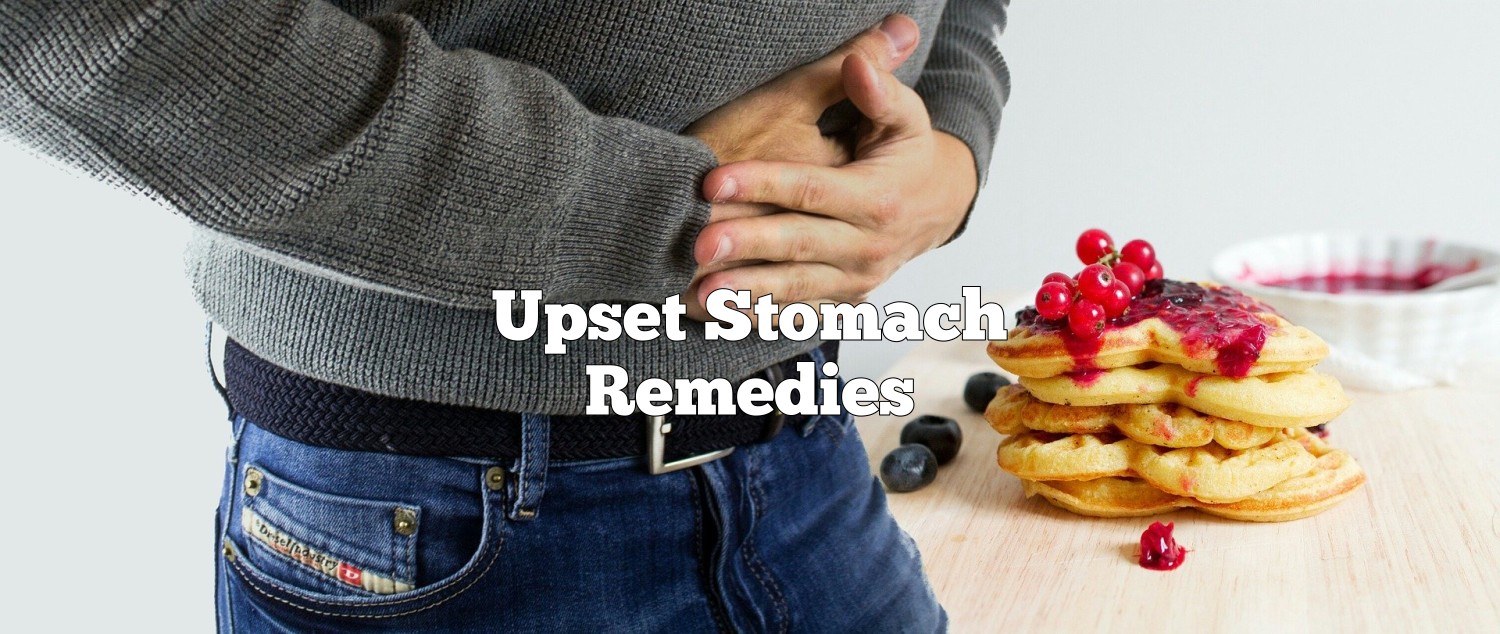10 Home Remedies for Sleep
Many people don’t take getting a good night’s sleep as seriously as they should, even the people who aren’t getting enough sleep themselves. It’s estimated that between 50-70 million people in the U.S. suffer from one form or another of sleeping disorder. While a lack of sleep might not seem like a big deal, it can potentially be life-threatening.
According to the American Sleep association, getting less than 6 hours of sleep on a regular basis increases the chances of heart-related death by 48%, 15% increase in developing a stroke, increases the chances of becoming obese, weakens the immune system, and greatly increases your chances of dying in a fatal car accident. The good news is that we aren’t doomed to live with bad sleep and its consequences. Another bit of good news is that getting the proper amount of quality sleep also has some amazing benefits which improve the quality of life. Getting a good night’s sleep will.
* Help keep you slim.
* Improve concentration and productivity (which can mean financial benefits).
* Improve athletic performance.
* Promote a healthy cardiovascular system.
* Reduce the risk of diabetes.
* Greatly decrease chances of, and symptoms of, depression.
* Strengthen your immune system.
It’s important to remember that the reasons for why you’re not getting a proper night of sleep can be numerous. Finding the right home remedies for quality sleep might take a little more time than the taking the pharmaceutical route, but if you invest the time and energy, your results will be more permanent and much healthier.
10 Home Remedies for Sleep
#1 – Sports and Exercise According to John Hopkins Medicine, exercise helps you fall asleep more quickly and improves the quality of your sleep. Although, there is quite a bit of debate when it comes to what time of day you should get your exercise. Most doctors well versed on this subject will tell you to listen to your body, but all doctors seem to advise against exercise before bed. Aerobic exercise releases endorphins which make you feel good, but also stimulate your brain and fill you up with energy, not a good idea if you’re trying to get some sleep.
#2 – Mindfulness and Being Present Mindfulness is the practice of paying attention to what is happening around you in the present moment, and not letting your brain function on autopilot. Most people are always thinking about what they have to do in the future, or events which have already happened in the past. Focusing on the present moment not only reduces stress but also improves the way we interact with people, things and nature.
At the end of the day, it’s much easier to fall asleep and sleep better if we’re relaxed, and not worried about things that are out of our control. When it is time to go to sleep, control what your mind thinks about, so instead of reliving today or rehearsing tomorrow, eliminate everything in your mind but the color black – as if you were in outer space with no stars. Stay focused on this black nothingness, and you be asleep in less than a few minutes.
#3 – Meditation Meditation is not easy to get into for most people because it takes effort and concentration, something most of us have in short supply. But the benefits of meditation are many, and helping you get to sleep and sleep well is one of those benefits. According to the Harvard Medical Centre, studies prove that meditation decreases insomnia, fatigue, and improves the amount and quality of sleep people get.
Mindfulness meditation is most recommended and it really couldn’t be easier, all you have to do is sit down comfortably, pay attention to your breathing and monitor any thoughts that come into your mind. Don’t assign any judgment to the thoughts that do pop up, and at the beginning, there will probably be many, just notice them and redirect your attention back to your breathing. After about a week you’ll start to notice the benefits of the meditation, and after a month most people report that they can’t imagine living without it.
#4 – Get Plenty of Sun Sun is responsible for increasing the production of melatonin, which is the most important hormone our bodies produce when it comes falling asleep, and sleeping well. Without enough exposure to sunlight, our natural melatonin levels can dip below where they’re supposed to be, causing problems falling asleep and sleeping well. Some of us might have a hard time getting enough exposure to sunlight, especially in northern climates and office workers, so there are melatonin supplements available which can help regulate your melatonin levels.
#5 – Eliminate Blue Light All of our televisions, tablets, and mobile devices produce blue light which has a shorter wavelength and processes higher amounts of energy than other types of light. As a consequence, it can cause problems with falling asleep, and the quality of our sleep as well. Blue light also stops the production of melatonin, so it’s strongly recommended not to watch television or spend time on your mobile, at least an hour before going to bed.
10 Home Remedies for Sleep
#6 – Circadian Rhythm The circadian rhythm means following the natural cycle of the day and night when it comes to going to sleep and waking up. This might be difficult for some people, especially in extremely northern and southern climates where day and night can last for extended amounts of time, but it’s one of the most important things you can do if you want to improve your quality of sleep. The circadian rhythm is also a little different from person to person, some people are naturally night owls and some are morning people.
It’s important to pay attention to what your body is telling you, and follow that advice. Most people tend to have a dip in energy between 13:00 – 15:00 which is after lunchtime for most of us. This is the reason why people in Mediterranean countries have a siesta (nap) after lunch, the people in these cultures follow their natural circadian rhythms. It’s also interesting to note, that people in Mediterranean cultures live longer than people in most other places.
#7 – Sleep Pattern Discipline Once you’ve discovered your own personal circadian rhythm, sleep hygiene means sticking to that schedule as much as possible, and:
* Limiting daytime naps or siestas to 30 minutes.
* Avoiding excessive amounts of stimulants such as caffeine and nicotine close to bedtime.
* Sticking to your exercise routine.
* Not eating at least 2 hours before going to bed, avoid especially heavy food and rich foods.
* Keeping your sleep environment clean and pleasant.
* Have a pre-sleep routine such as a warm bath, or stretching, or meditation.
#8 – Herbal Teas There are a few herbal teas that help with sleep, these have been used by people for centuries and are worth giving a try. The most commonly recommended teas for helping with sleep are:
* Chamomile
* Lemon balm
* Valerian root
* Lavender
* Passionflower
* Magnolia bark
#9 – Avoid Alcohol and Drugs This might be a little counterintuitive for a lot of people. For many of us, having a drink before going to bed is a ritual. It is true that alcohol may help many of us fall asleep, but it works like a stimulant which increases the number of times we wake up, and decreases to overall quality of sleep we get. Alcohol and most drugs are also responsible for increasing feelings of anxiety and depression if consumed long term, both of which are not good when it comes to the quantity and quality of sleep we get.
#10 – Don’t Drink Right Before Bed There is almost nothing as annoying as waking up from a deep and peaceful sleep because your bladder is screaming to be emptied. Drinking any kind of liquid too close to bedtime might mean that we’re waking up once or more per night to relieve ourselves.
This is an easily avoidable problem, just don’t drink right before going to bed. Getting the proper amount and quality of sleep will go a long way in improving your quality of life, and doing it naturally is a long term solution. Pharmaceuticals should only be used in extreme cases, and should never be thought of as a permanent fix.
Related Home Remedy Searches:
home remedies for deep sleep, what is the most effective natural sleep aid?, home remedies to fall asleep quickly, how to treat insomnia naturally without medication, food for good sleep, remedies to sleep well at night, natural sleep remedies for elderly, natural ways to induce sleep, insomnia home remedies honey,
home remedies for sleep, sleep remedies, natural remedies for sleep, natural remedies for insomnia, herbal treatment for sleeping, herbal remedy for sleep, home treatment for sleep,insomnia remedies, sleep remedy,
Sleep References and Sleep Information
American Sleep Association: https://www.sleepassociation.org/about-sleep/how-important-is-sleep/
Healthline Magazine: https://www.healthline.com/nutrition/10-reasons-why-good-sleep-is-important#3.-Good-sleep-can-improve-concentration-and-productivity
John Hopkins Medicine: https://www.hopkinsmedicine.org/health/wellness-and-prevention/exercising-for-better-sleep
Harvard Medical Center: https://www.health.harvard.edu/blog/mindfulness-meditation-helps-fight-insomnia-improves-sleep-201502187726
Healthline Magazine: https://www.healthline.com/health/depression/benefits-sunlight
Sleep Foundation: https://www.sleepfoundation.org/articles/sleep-hygiene
Harvard Medical Center: http://healthysleep.med.harvard.edu/healthy/getting/overcoming/tips
Read Also: https://homeremediesapp.com/10-home-remedies-for-sleep-apnea/

